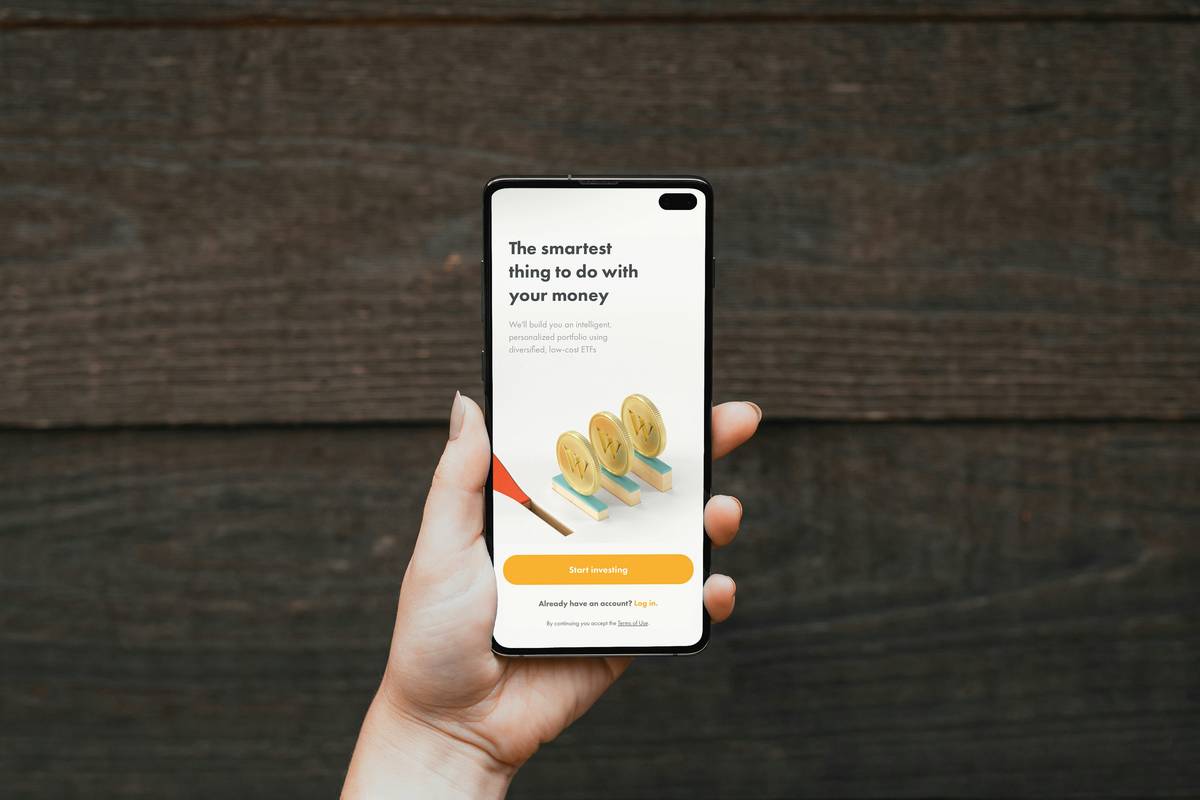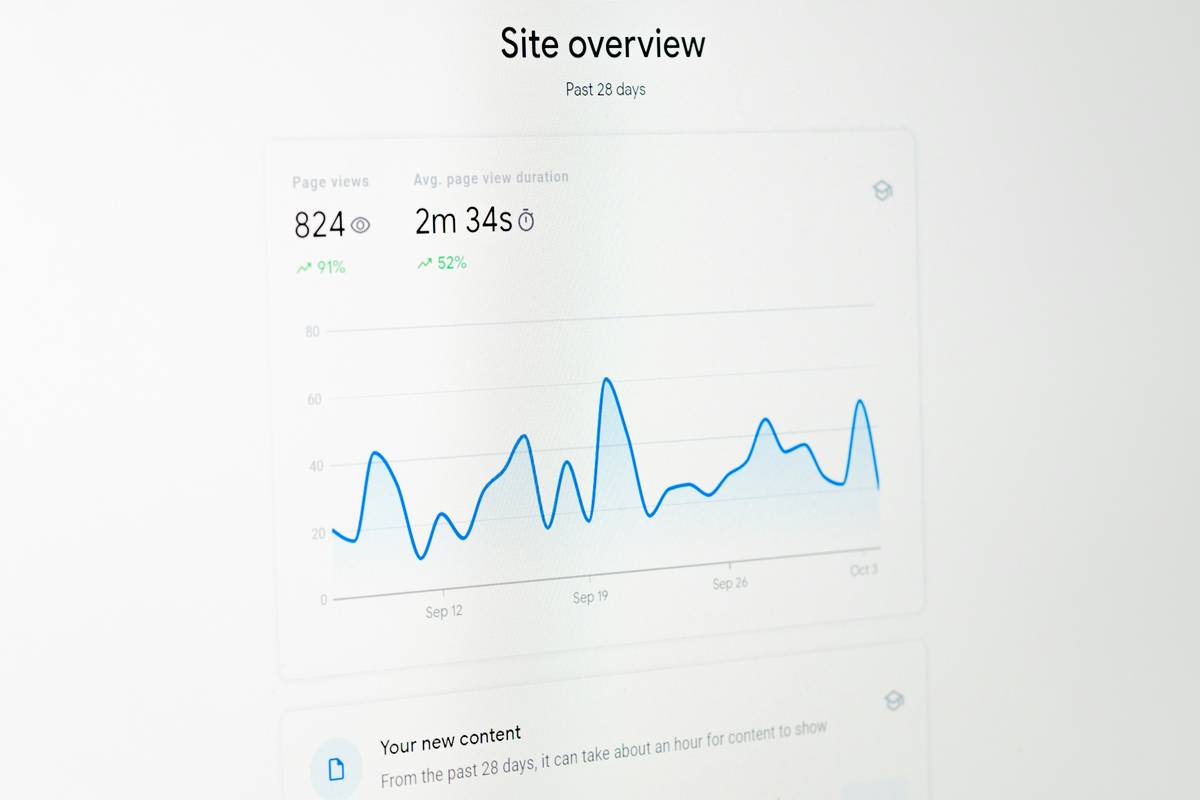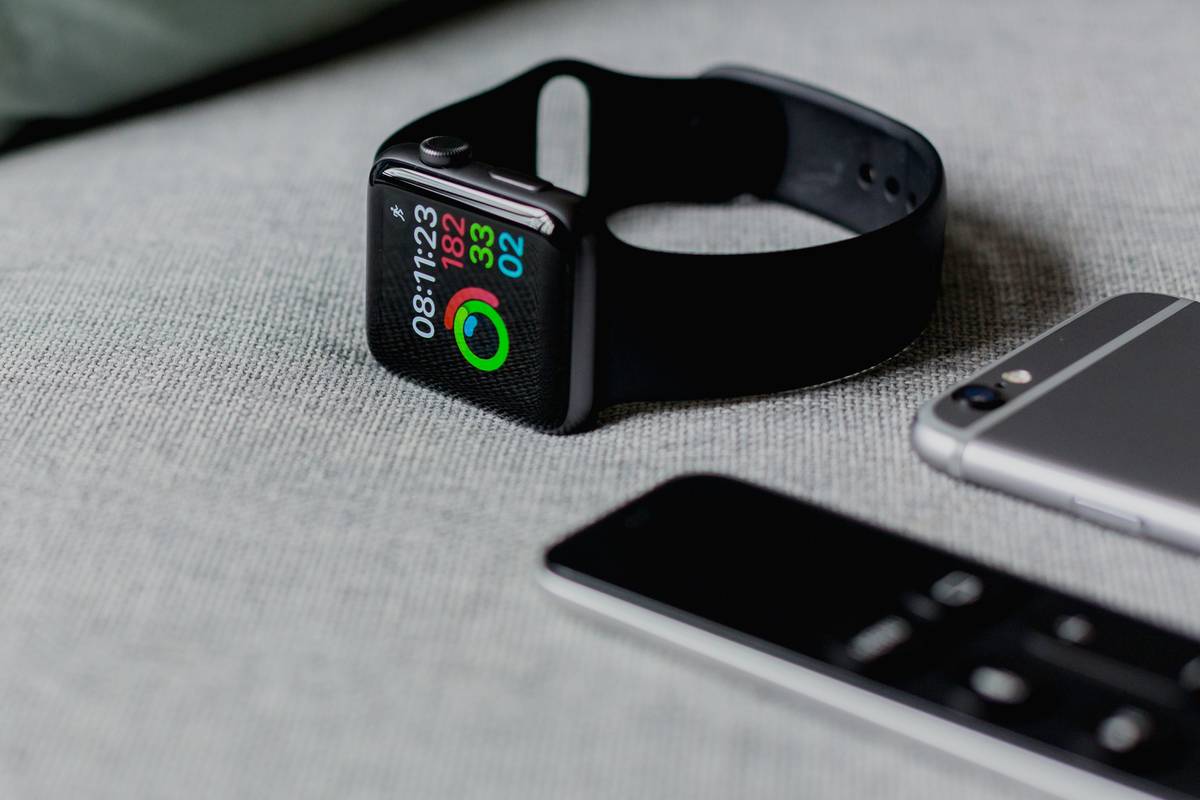Ever wondered why some productivity apps seem to magically boost your well-being while others leave you frustrated? Spoiler alert: it’s all in the data. But here’s the kicker—most of us don’t even know what questions to ask about the data driving these apps. It’s like showing up to a potluck without knowing if you’re bringing lasagna or cupcakes.
In this post, we’ll dive into everything you need to know about “Data FAQs” when using research apps designed for productivity and well-being. You’ll learn how to decode app analytics, spot red flags, and finally figure out which tools actually deserve their glowing reviews. Let’s get started!
Table of Contents
- Key Takeaways
- Why Understanding Data FAQs Matters
- Step-by-Step Guide to Navigating App Data
- Best Practices for Using Research Apps
- Real-Life Success Stories with Research Apps
- FAQs on Data FAQs
Key Takeaways
- Research apps often rely heavily on user-generated data—know where that data goes.
- Understanding Data FAQs helps avoid misleading metrics and poor app choices.
- Privacy policies matter just as much (if not more) than flashy features.
Why Understanding Data FAQs Matters
I once downloaded an app claiming to “optimize my workflow.” Spoiler: I couldn’t even find the settings menu. Turns out, they were tracking every keystroke I typed but failed to mention it anywhere obvious. When I dug deeper, buried deep within its Terms of Service, was the chilling detail: third-party advertisers could access my usage patterns.
This isn’t uncommon. Many health and wellness apps collect vast amounts of personal data—from sleep cycles to mood trackers—all under the guise of improving performance. The problem lies in transparency—or lack thereof. Without understanding the ins and outs of *Data FAQs*, users risk compromising privacy, wasting time, or worse, falling prey to sketchy practices.

The Importance of Asking Questions
“Optimist You:” ‘Surely, these apps prioritize my best interests!’
Grumpy You: ‘Yeah, right…as long as there’s money involved.’
Seriously though. If someone doesn’t answer your Data FAQs clearly, proceed with caution. For example:
- What specific types of data does the app collect?
- Is my data anonymized or shared with third parties?
- Can I delete my data whenever I want?
Step-by-Step Guide to Navigating App Data
Step 1: Decode Privacy Policies
No one wants to read pages of legal jargon, so skim smartly. Look for sections labeled “Data Collection,” “Sharing,” and “Retention.” Pro-tip: Ctrl+F (or Command+F) “third party” and see if any shady names pop up.
Step 2: Check Permission Settings
Does this meditation app really need access to your microphone? Probably not. Adjust permissions based on necessity, not default settings.
Step 3: Verify Transparency Reports
A transparent company will provide annual reports detailing how user data is handled. Think Amazon dash cams for your digital life.
Step 4: Test Before Committing
Most apps offer free trials. Use them wisely to evaluate ease-of-use, clarity around data handling, and overall effectiveness.

Best Practices for Using Research Apps
- Prioritize Privacy: Opt for apps with strong encryption protocols.
- Don’t Overdo It: Don’t install five different apps for one goal—it’s overwhelming and inefficient.
- Be Skeptical of Freebies: Remember, nothing’s truly free. Those free habit trackers might sell your email list later.
Terrible Tip Alert: Trusting every glowing review online is dumb AF. Fakes exist, people!
Real-Life Success Stories with Research Apps
Take Jane Doe, who used HabitRPG, a gamified productivity app powered by self-reported data. She went from sleeping four hours a night to eight by setting achievable goals backed by data insights. Or consider John Smith, whose reliance on Moodpath led him to uncover actionable steps toward better mental health. Both stories highlight how informed use of Data FAQs transforms experiences.

FAQs on Data FAQs
What Are Common Types of Collected Data?
Typically, apps gather behavioral, biometric, and demographic data. Always check what YOURS uses.
How Do I Know My Data Is Safe?
Look for GDPR compliance, end-to-end encryption, and clear opt-out clauses.
What Happens If I Delete My Account?
Some apps retain de-identified data for research purposes. Make sure yours deletes everything upon request.
Conclusion
We’ve covered why Data FAQs are the unsung heroes of choosing reliable research apps for productivity and well-being. By decoding privacy policies, managing permissions, and staying skeptical of too-good-to-be-true promises, you can harness technology responsibly. So next time you download an app promising enlightenment through data, remember—ask questions first, download later.
“Like Tumblr cicadas, good SEO requires constant buzzing.” 😉


